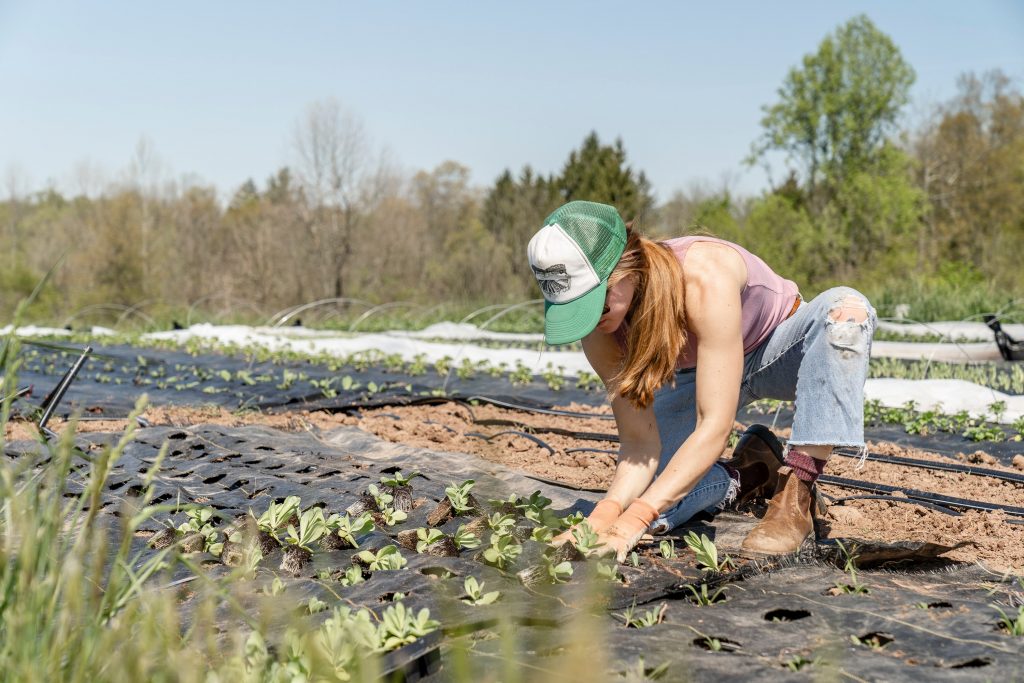lengthy-term sustainability. some of the adjustments determined in nature are durable, going on step by step over time. It goals to offer food on the identical time as regulating the herbal stability to prevent soil fertility or pest troubles. herbal Agriculture takes a shorter approach in preference to fixing issues after they have arisen.
The ground
This improves terrestrial animals and flowers, improves soil structure and composition, and creates sustainable structures. subsequent, nutritious and active cycling, and soil and water garage functionality are stepped forward, compensating for the non-use of mineral fertilizers. Such control systems also play an important function in controlling soil erosion. The time frame the soil is situation to soil erosion decreases, the biodiversity of the soil will increase, and the lack of vitamins decreases, which allows to keep and beautify soil production. Export of plant vitamins is regularly compensated by means of the renewable resources available at the farm but it’s far critical every now and then to top off dwelling organisms with potassium, phosphate, calcium, magnesium, and hint factors from outdoor resources.

Water
in lots of agricultural regions, groundwater contamination with artificial fertilizers and insecticides is a primary hassle. as the usage of those materials isn’t approved in herbal farming, they may be changed with vegetable fertilizers (e.g. manure, animal manure, inexperienced manure) and the usage of biodiversity (relying on the form of plants grown and permanently), for stabilization. the formation of soil and water. to enter. A well-managed environment has better nutrient retention capability, which substantially reduces the chance of groundwater pollutants.

climate alternate and climate exchange
natural farming reduces the use of renewable strength by using reducing agrochemical requirements (this requires higher production of fossil fuels). environment Agriculture contributes to reducing the effect of greenhouse gases and international warming through its potential to absorb carbon from the soil. Many manage techniques are used for natural farming (e.g. small-scale farming, crop residues, use of cover crops and rotation, and extra composting of nitrogen-fixing vegetation), carbon growth soil retrieval, growth manufacturing and carbon garage alternatives. whilst natural carbon is saved more inside the soil, the ability for agricultural mitigation towards climate alternate will growth. however, extra studies is wanted on this discipline, for now. there is a scarcity of herbal land carbon statistics in growing nations, which does no longer have comparative facts for farm structures from Africa and Latin the united states, and only restricted records on natural carbon within the soil, this is crucial in figuring out the degrees of carbon dioxide intake in agricultural sports.

Biodiversity
natural growers are conservationists and use biodiversity at all stages. At the extent of species, the diversity of plant life and animals complements the cycle of vitamins and strength in agricultural production. on the surrounding degree, the care of the internal surroundings and in all ecosystems and the absence of chemical substances creates habitats suitable for wildlife. ordinary use of plenty much less-used species (regularly as a spread of plants to create soil fertility) reduces erosion of agricultural species, growing a healthful genetic hole – the idea for adaptation to the destiny. the deliver of food and safe haven services, in addition to a loss of pesticide use, attracts new species of animals or reintroduces colonies (each everlasting and migratory), inclusive of vegetation and flora and fauna (e.g. birds) and ecosystem species.

inclusive of pollinators and predators. The variety of organic farming and biodiversity studies has grown appreciably through the years.
Genetically modified organisms
using GMOs within natural structures is not suited through any general for the production, processing, or managing of herbal meals. because the ability impact of GMOs on every the environment and health isn’t always really understood, organic farming is taking a careful method and prefers to sell biodivers as a result, the environmental label ensures that GMOs are not intentionally used inside the manufacturing and processing of herbal merchandise. this is something that can’t be guaranteed in mainstream merchandise as labeling the presence of GMOs in meals merchandise did now not affect many nations. but, with the advanced use of GMOs in traditional agriculture and because of a nearby GMO deforestation approach



